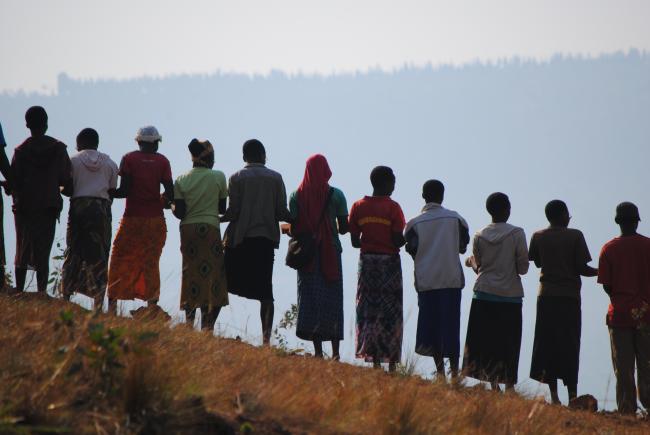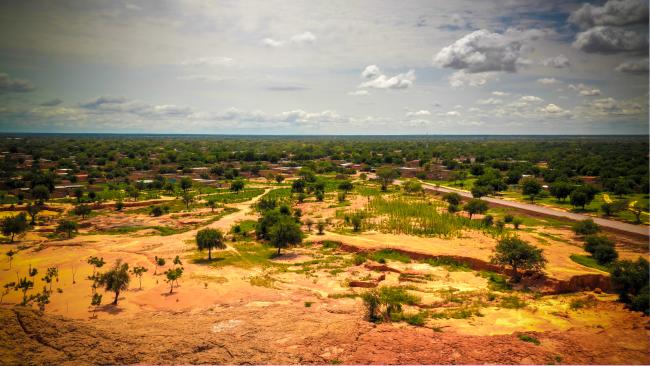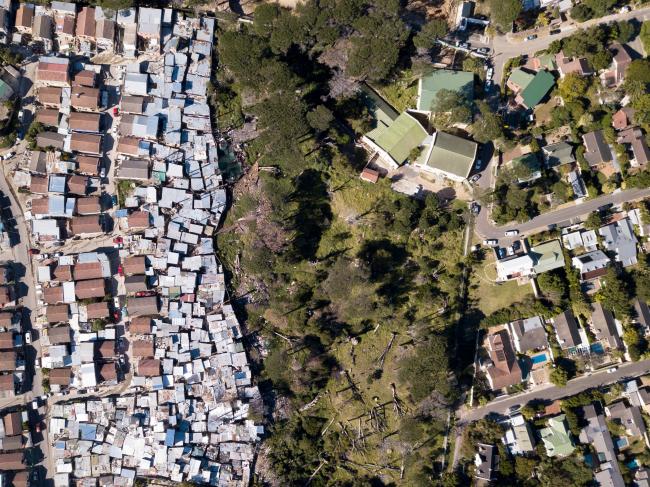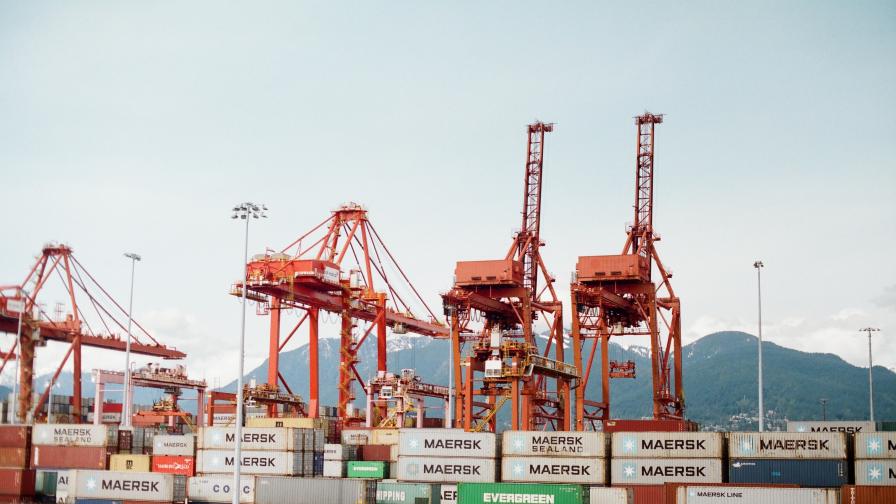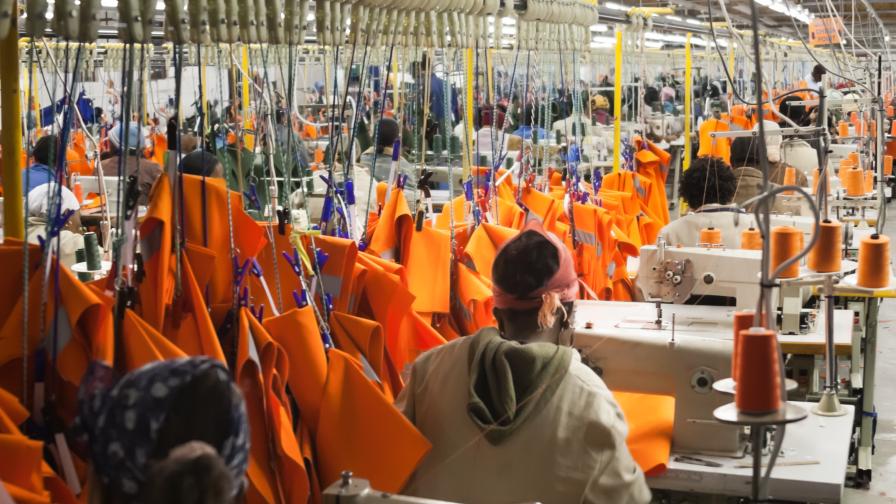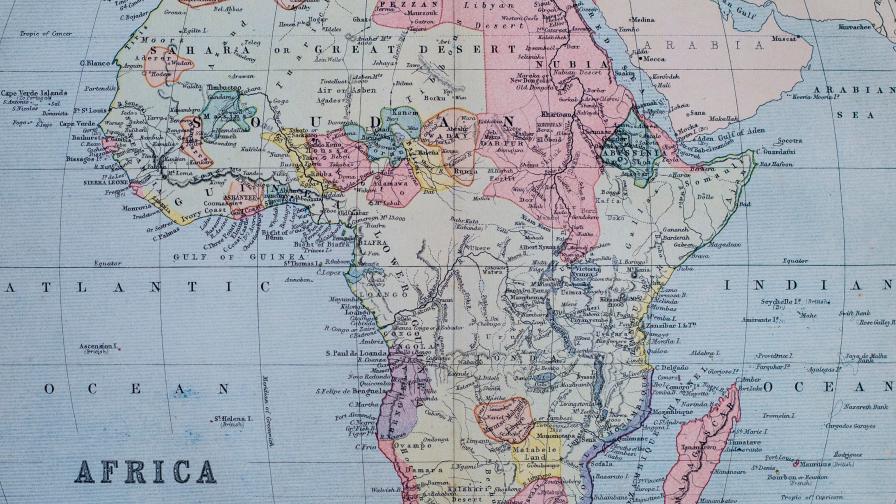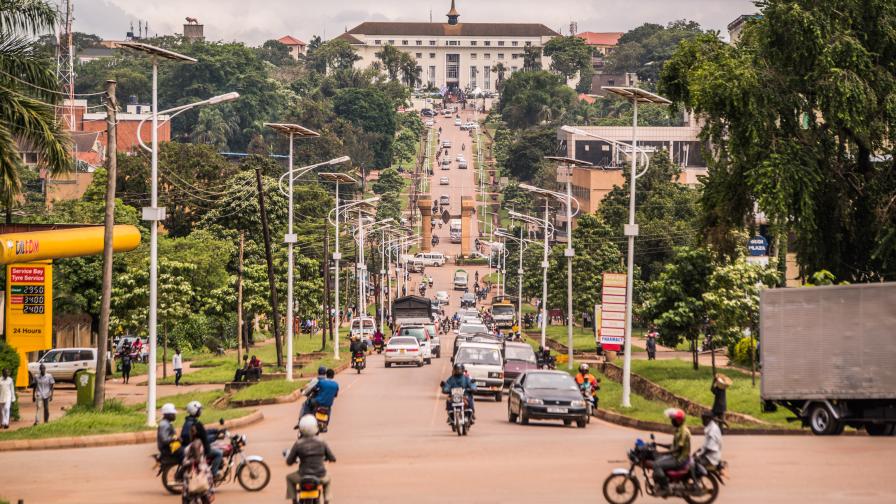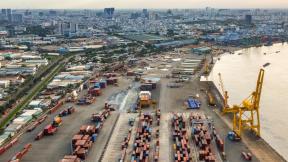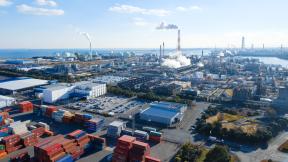Jamaica’s last remaining bauxite ore is in Cockpit Country, a globally acclaimed landscape located west centrally on the island. This is the most economically important and ecologically sensitive part of Jamaica. Bauxite mining started in Jamaica in 1952 as a substantial contributor to GDP until a decade after independence in 1962. Since the 1970’s the contribution of the bauxite industry to GDP has been diminishing, while the socio-economic cost of the industry has been increasing. Strip mining of bauxite has damaged Jamaica’s landscape by destroying ecosystems, threatening the country’s biodiversity, and polluting the air and water. These issues are compounded by increased temperatures and lower precipitation as a result of climate change. Local populations have been affected in turn with mining displacing communities and agricultural land, discouraging tourism, and worsening health outcomes, especially through respiratory illnesses. The decision over Cockpit Country is a crucial watershed for Jamaica. As a small island developing state, extracting the last remaining 30 years of non-renewable Bauxite deposits, is tantamount to blighting long term sustainable economic growth of Jamaica’s economy.
The Jamaican Mining Act of 1947 established as Jamaican law to secure raw material from the colonies, supersedes all other acts and laws. This policy places mining above all else, irrespective of how destructive mining is to the overall sustainable development of the island economy and its potential alternative growth industries. This research provides imperial evidence on viable alternative enterprises in Cockpit Country capable of contributing to economic growth in Jamaica while proposing an alternative policy framework as an exit strategy from destructive Bauxite mining.
Many lower-income countries in the world are seeking to limit the adverse impacts of extractive industries. These industries can have significant effects on local environments and populations, which can impact wider economies if operating at a larger scale over a long period. This project will help to demonstrate alternative economic policies for the promotion of more sustainable economic activity that can encourage development and structural transformation while simultaneously protecting fragile environments.



















